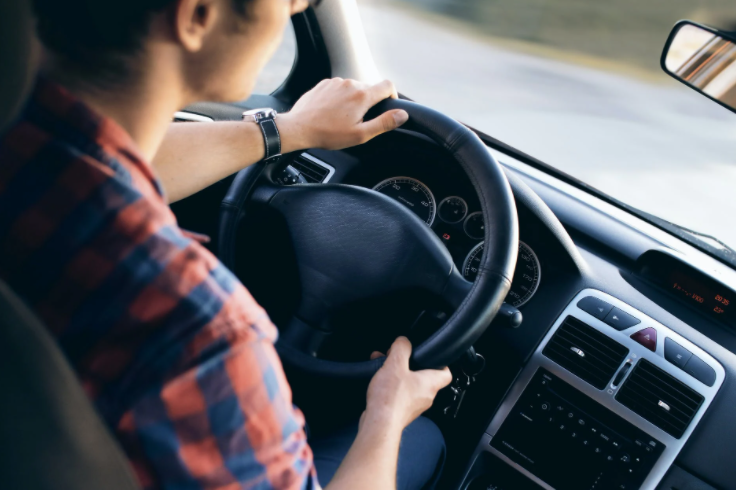
Honda and Verizon announced their partnership as both companies are now researching on how 5G and mobile edge computing might improve safety for today's internet-connected vehicles and autonomous cars in the future.
Honda and Verizon partnership
The partnership between the two companies was announced on Friday, Apr. 9, as they are piloting different safety scenarios at the University of Michigan's Mcity, a test bed for connected and autonomous vehicles.
The aim of the venture is to study how 5G connectivity, coupled with edge computing, could allow for faster and better communication between vehicles, pedestrians, and even infrastructures.
Faster communication can allow cars to avoid accidents and collisions as they can find safer routes, Forbes reported.
The 5G testing is in its preliminary research phase and Honda does not intend to implement this new technology as a product feature yet.
The two companies have plans to test out the 5G-enabled cars on public roads in at least four cities in 2021, according to Brian Peebles, Verizon's senior manager of technology development and one of the leads of the project.
The partnership builds off of Honda's onboard SAFE SWARM AI technology, which the automaker started developing back in 2017.
That technology uses Cellular Vehicle-to-Everything, also known as C-V2X communication, that lets vehicles communicate with other road users. This type of technology was seen before with Dedicated Short Range Communications, which requires cell towers to communicate between cars.
The V2X and the 5G have the advantage of being able to communicate from one device to another and is backed up by the FCC.
Dr. Ehsan Moradi Pari, the research group lead at Honda's advanced technology research division, stated that traditionally with V2X, the cars could "talk" to each other.
Dr. Pari said that they provide their information, like their location, speed, and other sensor information, and the car does a threat assessment, such as whether the user is going to hit another car.
The future of vehicles
Honda and Verizon's premise is that the technology can handle communication far faster than a car's computer.
Instead of relying on a car's computer to do the work, the information generated from connected cars, people, and from infrastructure is sent up into the 5G network. The computations are done at the edge of the network in real-time.
While the primary research stage involves making cars that are driven by humans safer, the partnership of the two companies might eventually use the technology for autonomous vehicles in the future, as noted by Verizon.
If testing proves successful, connected cars would be safer and they could lead to a more efficient network that smooths out traffic congestion and could even help reduce air pollution.
Peebles stated that they are doing this to help promote car and human safety. He said that there are more than 42,000 people a year in the United States that are killed in car accidents, and more than 2 million are injured.
Technology is more crucial as it evolves, so when the transition happens, it must be done safely.
This article is owned by Tech Times
Written by Sieeka Khan
ⓒ 2026 TECHTIMES.com All rights reserved. Do not reproduce without permission.




